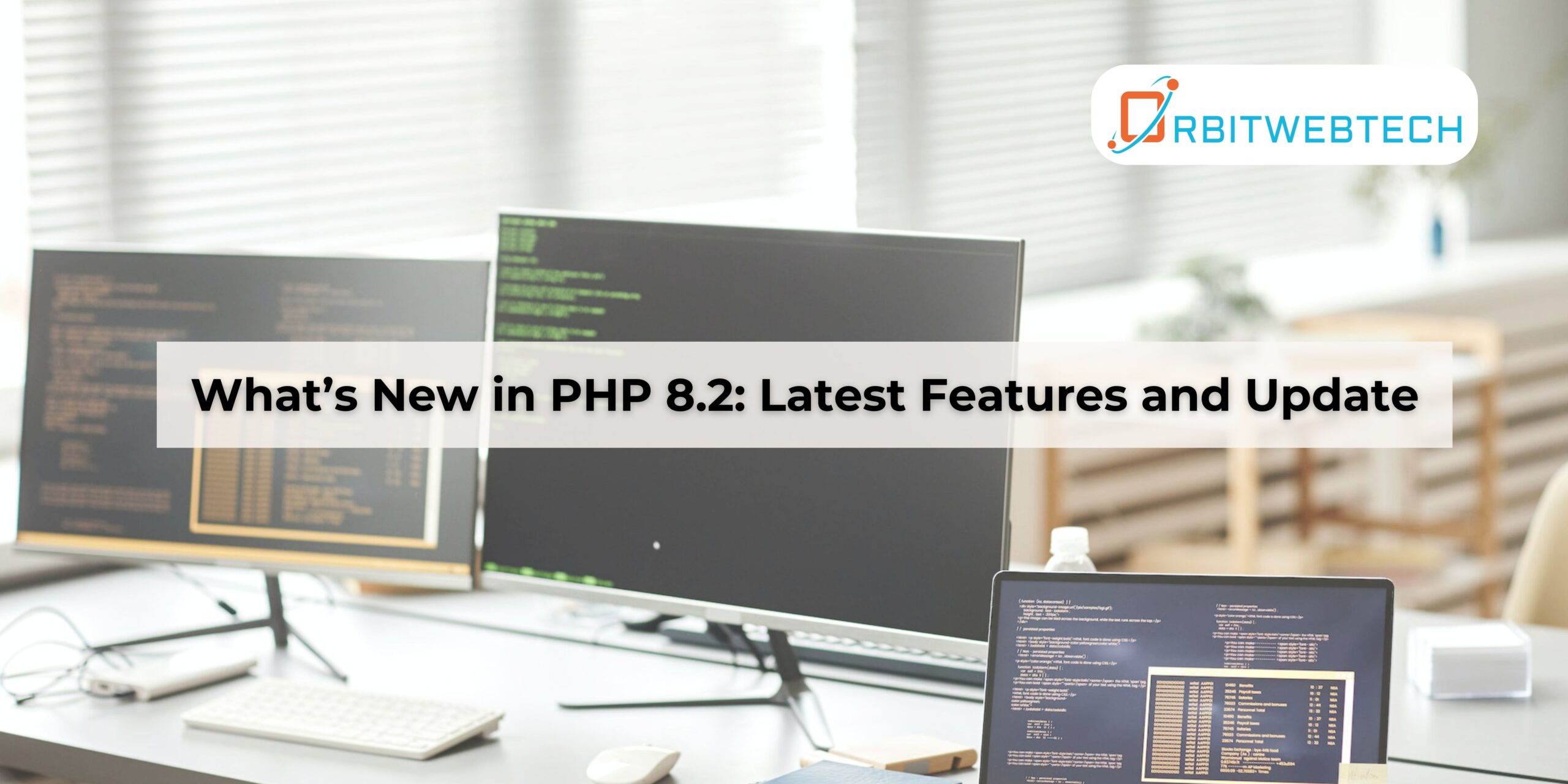
Are you searching for the top php accelerators to enhance the performance of your PHP-based application? If you’re looking for a PHP accelerator to improve the performance of your PHP-based application, you’re in the right place!
WordPress, being an open-source software built on PHP, can benefit from the utilization of PHP accelerators to optimize website performance.
This tutorial will provide an explanation of PHP accelerators, their functionality, and present a curated list of top PHP accelerators for improving your WordPress site’s performance.
What Are PHP Accelerators?
A PHP accelerator is a PHP extension specifically designed to enhance the performance of PHP applications like WordPress. These accelerators achieve performance improvements by caching and optimizing the PHP code on your website.
When a user requests information from your WordPress server, it generates PHP code. However, computers can only understand machine language. Thus, the human-readable PHP code needs to be translated into machine language through a compilation process, which takes time.
If your server has to perform this compilation process every time a user wants to view a page on your website, it can significantly slow down performance. This is where utilizing a PHP accelerator becomes beneficial.
PHP accelerators operate by precompiling PHP scripts and storing them in memory. This approach reduces the need for recompilation every time a new user accesses your website, resulting in faster response times and improved performance.
Benefits of Using PHP Accelerators in WordPress
Here are some of the benefits of using a PHP accelerator:
Improved Performance
PHP accelerators boost performance by caching and optimizing PHP code. The cache functionality prevents your server from redundantly performing compilation tasks. Consequently, your website will respond faster and deliver superior overall performance.
Reduced Server Load
PHP accelerators cache compiled PHP code, eliminating the need for the server to recompile scripts for every request. As a result, the memory load on your application server is reduced. This allows the server to handle more concurrent requests and improves its scalability.
Enhanced User Experience
A better user experience is achieved through faster response times and improved performance. Consequently, users will encounter reduced page load times, experience quicker interactions, and enjoy a smoother browsing experience.
Top PHP Accelerators for WordPress Sites
Here, we present a list of the best accelerators to enhance the performance of your PHP-powered website:
Zend OPcache (PHP Opcode Cache)
Zend OPcache is the official opcode cache for PHP and comes preinstalled with PHP versions 5.5 and above. PHP accelerators eliminate the need for PHP to recompile scripts on each request by caching precompiled PHP file code. This ensures that the server does not have to perform script recompilation repeatedly, resulting in improved performance.
Before becoming the go-to accelerator for PHP, developers used it as a private extension.
After PHP 5.5 made it open-source, it was added as part of the core release. Since then, PHP Opcache has become the default accelerator solution.
The Zend Opcache accelerator, in particular, utilizes shared memory caching to store pre-compiled scripts.
APCu (Alternative PHP Cache)
APCu operates as a high-speed storage space, allowing the computer to remember and reuse the results of executing PHP code. It originated from the APC (Alternative PHP Cache) project.
This accelerator focuses primarily on opcode caching, excluding deprecated features like user data caching and locking.
While APC was once popular, its development and usage declined after PHP integrated Zend Opcache into its core release starting from version 5.5.
To accommodate user caching, APC developers introduced a standalone extension called APCu. It is specifically designed for WordPress sites hosted on Apache or Nginx web servers.
If your WordPress hosting supports cPanel, you can easily enable or disable APCu by accessing the PHP Selector page in cPanel.
Windows Cache Extension
The Windows Cache Extension is primarily utilized for PHP applications hosted on a Windows Server. While it does not support the default opcode caching found in PHP version 5.5, it offers unique caching features.
The extension supports file caching, where PHP scripts are stored in shared memory on the server. This can significantly enhance performance, particularly for PHP software requiring access to multiple server files.
Additionally, it supports User Caching, similar to the PHP APCu extension. This feature enables data sharing among multiple PHP processes.
Although WordPress installations on Windows servers are uncommon, if your website still uses this setup, you can consult the official installation guide for instructions.
Notable accelerators that can contribute to performance improvements include eAccelerator, ionCube PHP Encoder, and Nusphere PHPExpress. However, this guide primarily focuses on the most popular accelerators actively maintained by their developers.
How to Install PHP OPcache
If you are using PHP version 5.5 and above, the OPcache accelerator is already included by default. Therefore, it is likely that you have PHP OPcache installed on your server if you are using the latest PHP version.
In case you do not have any PHP accelerator installed on your server, you can easily enable it from your web hosting dashboard. For this example, we will explain how to enable PHP OPcache in cPanel. The process should be similar regardless of your WordPress hosting server.
To begin, log in to cPanel and navigate to the “SOFTWARE” section. Then, click on the “Select PHP Version” option.
In the ‘PHP Extensions’ section, scroll down and enable the opcache option.
The process will save your changes automatically once it is complete.
If you have any questions about installing PHP accelerators on your server, feel free to leave them in the comments below or contact us directly here.
Conclusion
Utilizing PHP accelerators offers a straightforward approach to enhancing your website’s performance. When it comes to speed optimization, every small measure contributes to reducing your website’s loading time.
This guide provides an explanation of PHP accelerators and their functionality. It also presents a list of recommended options to consider. Lastly, it demonstrates a simple method to enable OPcache on cPanel, making the process more accessible and user-friendly.


